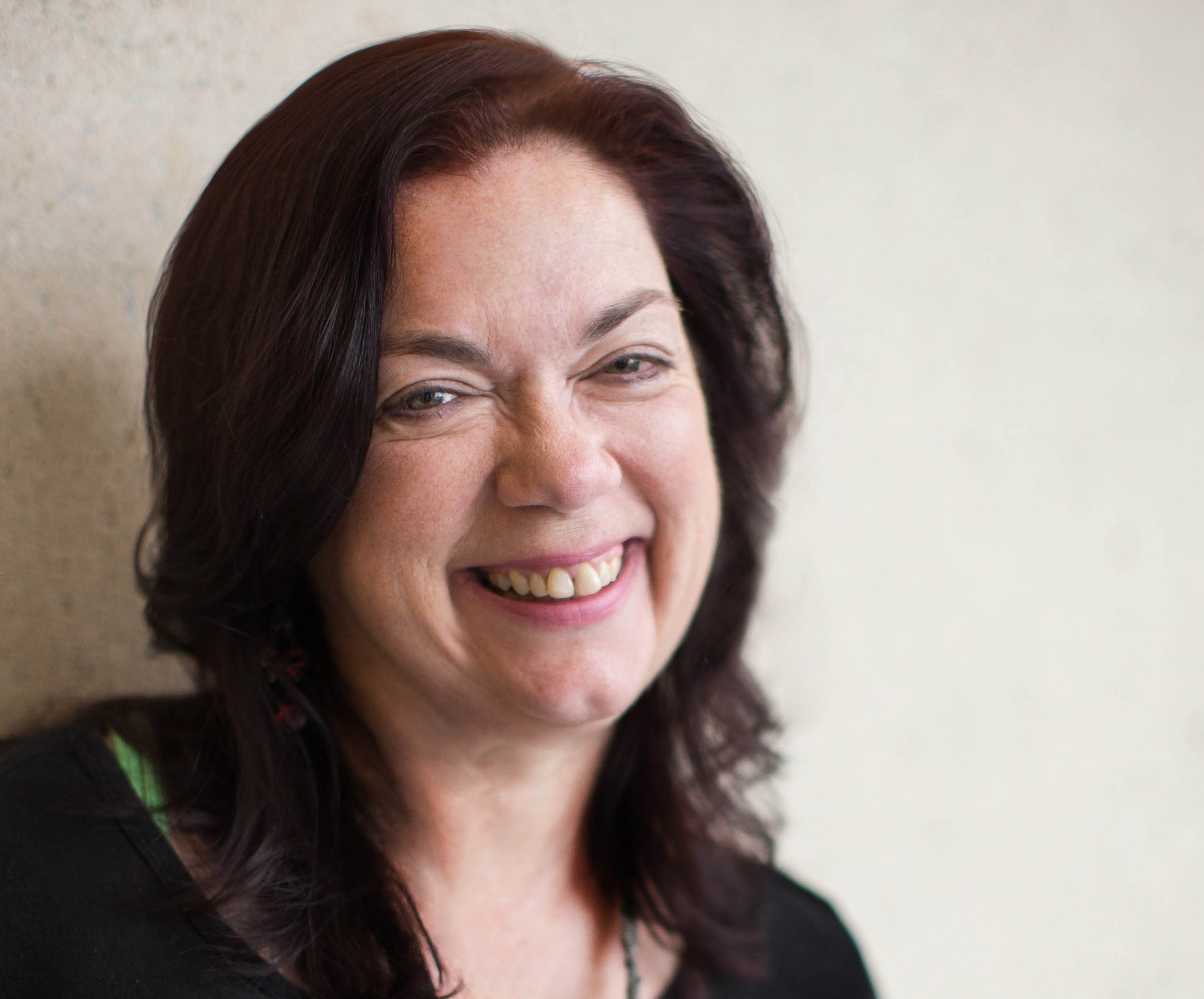- Home
- About Us
- The Team / Contact Us
- Books and Resources
- Privacy Policy
- Nonprofit Employer of Choice Award

 On January 21, 2010, the Supreme Court of the United States voted in a controversial 5 – 4 decision on the case of Citizens United vs. the Federal Election Commission. The decision stated that “political spending is a form of protected speech under the First Amendment, and the government may not keep corporations or unions from spending money to support or denounce individual candidates in elections.”
On January 21, 2010, the Supreme Court of the United States voted in a controversial 5 – 4 decision on the case of Citizens United vs. the Federal Election Commission. The decision stated that “political spending is a form of protected speech under the First Amendment, and the government may not keep corporations or unions from spending money to support or denounce individual candidates in elections.”
One week later, President Barack Obama addressed the decision in his State of the Union address, saying it would “open the floodgates for special interests…to spend without limit in our elections.”
The decision is considered an unmitigated disaster by anyone working to reduce income inequality, help enfranchise those outside the current electoral process or build a progressive agenda, from health care to women’s rights. It is a deathblow to those wishing to limit the influence of money in electoral politics.
Now Canada has its own version of Citizens United.
On July 16, 2018, in the case of Canada Without Poverty vs. the Attorney General of Canada, the Ontario Superior Court made charitable donations a free speech issue by deciding that limiting the amount of money a charity can spend on political activity was a limitation on freedom of speech.
The ruling, if upheld, gives charities the unlimited ability to engage in non-partisan political activities and offer charitable tax credits for that work.
For people who think the Canada Without Poverty ruling unshackles charities, I’m reminded of the exchange between newly installed Minister of Magic Rufus Scrimgeour and former minister of magic Cornelius Fudge who have come to bring the muggle Prime Minister the news that Lord Voldemort has returned in Harry Potter and the Half-Blood Prince.
“But for heaven’s sake — you’re wizards! You can do magic! Surely you can sort out — well — anything!”
Scrimgeour turned slowly on the spot and exchanged an incredulous look with Fudge, who really did manage a smile this time as he said kindly, “The trouble is, the other side can do magic too, Prime Minister.”
So, hold uncorking your champagne bottles. This is not a win for free speech. This is a win for money. And the other side has a damn sight more of it.
One result of the Canada Without Poverty ruling is that the Federal Treasury and thus Canadian taxpayers will now pay for every half-baked, alt-right, corporate-focused piece of political activity that can take place in the name—and under the guise—of charity including opposition to public education, universal health care, challenge to abortion rights, harsher treatment of criminals, climate change action and, if he decides to affiliate with a like-minded charity, Ezra Levant and his “ethical oil” crusade.
CWP, as a charity, issued just over $200,000 in tax receipts in 2017. I mention the specific amount because it isn’t even a thimble full compared to the tens—no, make that hundreds—of millions of tax-credited dollars that can flood the sector from people who have a lot less interest in the common good.
The Canada Without Poverty ruling amounts to opening the door so you can be rolled over by a bulldozer.
This abridged article appeared in its original form in Gail Picco’s blog on August 2018 and has been edited for length. Click here for the full piece. Gail Picco is an award-winning charity strategist and thought-leader widely recognized as one of Canada’s foremost experts on how to carve a path through the increasingly complex dynamics of the charitable sector. Civil Sector Press recently published her latest book, Cap in Hand: How Charities are Failing the People of Canada and the World.